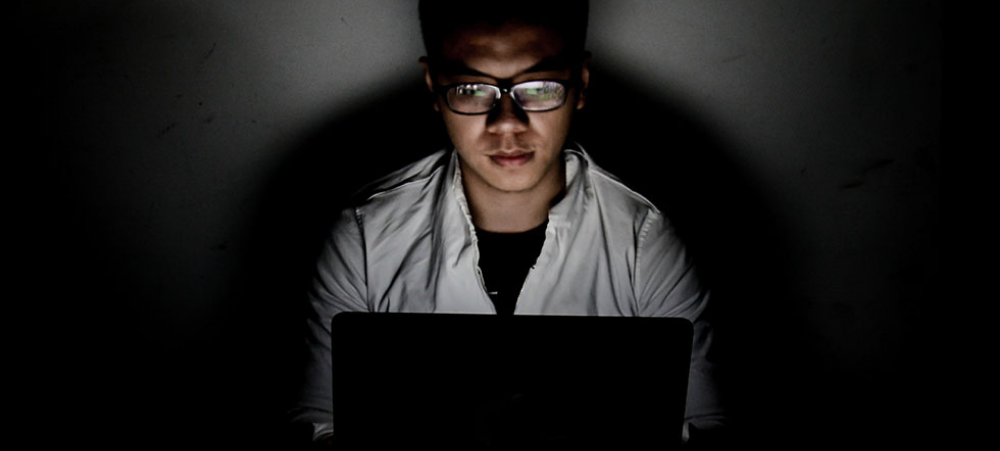The devastating effects of Cyberbullying in South Africa and how Wingu Academy protects and supports Wingu students.
Did you know that South Africa has the fourth highest rate of cyberbullying worldwide according to a global survey by YouGov? The survey found that one out of every five teens fall prey to cyberbullying and 84% of classmates know of someone who have been victimized. Sadly, with the rise of the digital age becoming a necessary part in our lives, it’s no surprise that this form of bullying has become one of the biggest concerns for both parents and students who suffer and have to deal with the devastating, often life-long effects.
But what exactly is cyberbullying?
Cyberbullying is any form of bullying that takes place online including on platforms like WhatsApp, Snapchat, TikTok, Instagram and gaming chat rooms. Young people today are increasingly exposed to many different tools and apps. Thus, it is very easy to produce videos, memes, manipulated photos, or even simple text messages with degrading comments and name calling. Trolling and cyberstalking of online profiles is also rapidly on the rise.
According to the South African College of Applied Psychology victims feel isolated, ashamed, hopeless and depressed wondering if the situation will ever change. They are desperately looking for a way out which often leads to thoughts and attempts of suicide. This form of abuse influences a child’s identity, self-worth and often leads to long term effects like the inability to form meaningful and sustainable relationships. Not to mention trust issues and even mental health issues.
Parents often don’t know because the victims don’t tell them. They feel ashamed and don’t want their parents to get involved as it would worsen the abuse.
What are the main signs parents should look out for if they suspect that their child is a victim of cyberbullying?
- If a child’s mood or behavior suddenly changes drastically, from being socially interactive to being depressed, anxious and isolated.
- If they start hiding their devices and/or no longer allow you access to their social media accounts.
- If their academic performance drastically decreases.
- If they avoid any form of social interaction.
What can parents do to help and support their children?
According to Dr Serahani Symington, Child and Adolescent Counsellor and Play Therapy Specialist, the following approach is recommended.
- It’s critically important to have an open relationship where your child feels safe to express their feelings, concerns and problems.
- Don’t overreact and stay calm during the discussion.
- Don’t tell your child to simply ignore the situation as it’s very real to them. They have the need for the abuse to be acknowledged.
- Ask your child what their immediate need is. Is it to provide comfort or a solution?
- Co-create a solution with your child to make them feel safe, secure and empowered to handle the situation.
- Don’t retaliate. Rather address the issue with the school and not with the bully or his/her parents. Never invite the bully into your home, your child’s safe space, to resolve the issue.
- Monitor and spot check your child’s devices with the narrative that it’s for their own protection and not because you don’t trust them.
- Look at the ratings, age-restrictions and if possible, experience the games and apps your child interacts with for yourself to look for possible pitfalls and warning signs that could put your child in danger.
How does Wingu Academy protect and support parents and students against cyberbullying?
“At Wingu Academy we have a zero-tolerance policy against any form of bullying. Our Wellness Hub offers counselling and support to students and parents. By following a holistic approach of creating a culture of inclusivity and high moral values we teach our students to respect their fellow students,” says Managing Director Ian Strydom.
Wingu Academy’s Cyberbullying Policy also offers guidelines to students to protect them. Some of the recommendations include:
- Do not answer abusive messages but save them and report them to the Student Mentor.
- Do not delete anything until it has been shown to your parents/carers or a member of staff at Wingu Academy (even if it is upsetting, the material is important evidence which may need to be used later as proof of cyberbullying).
- Do not give out personal details or contact information without the permission of a parent/guardian (personal data).
- Be careful who you allow to become a friend online and think about what information you want them to see.
- Protect your password. Do not share it with anyone else and change it regularly.
- Always log off from the computer when you have finished or if you leave the computer for any reason.
- Always put the privacy filters on to the sites you use.
- Never reply to abusive messages.
- Never reply to someone you do not know.
- Always stay in public areas in chat rooms.
Article by Melanie Foxcroft from MF Consulting.
Mobile: +27 82 650 3414
Email: [email protected]
- Why Parents Are Choosing Premium Online Schools in 2026: Safety, Governance, and Student Experience - December 22, 2025
- Rethinking Socialisation in Online Schooling: The Innovation the Media Overlooked - December 17, 2025
- Online Schooling, Accreditation, and Trust: What Parents Need to Know in 2026 - December 11, 2025





